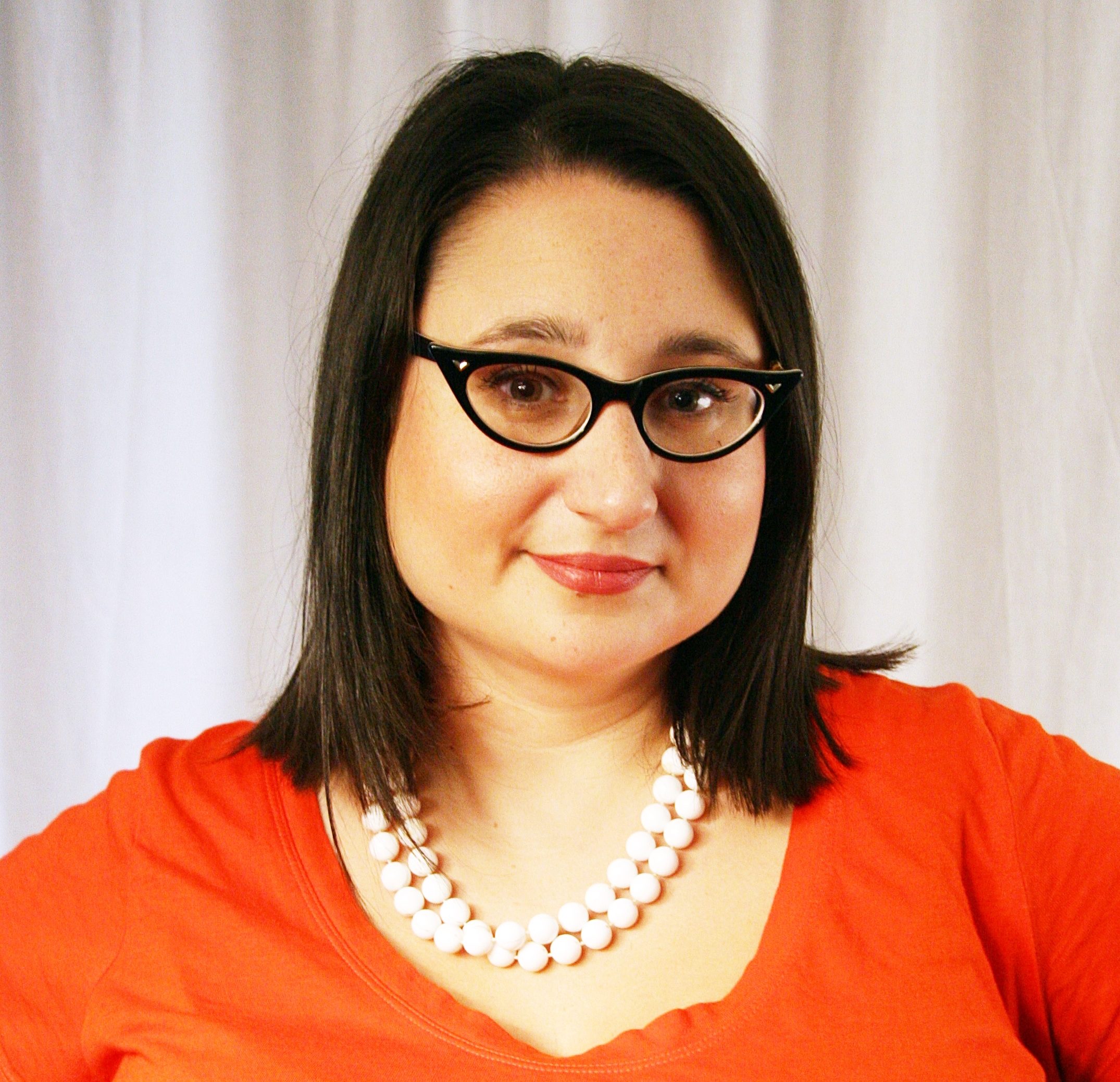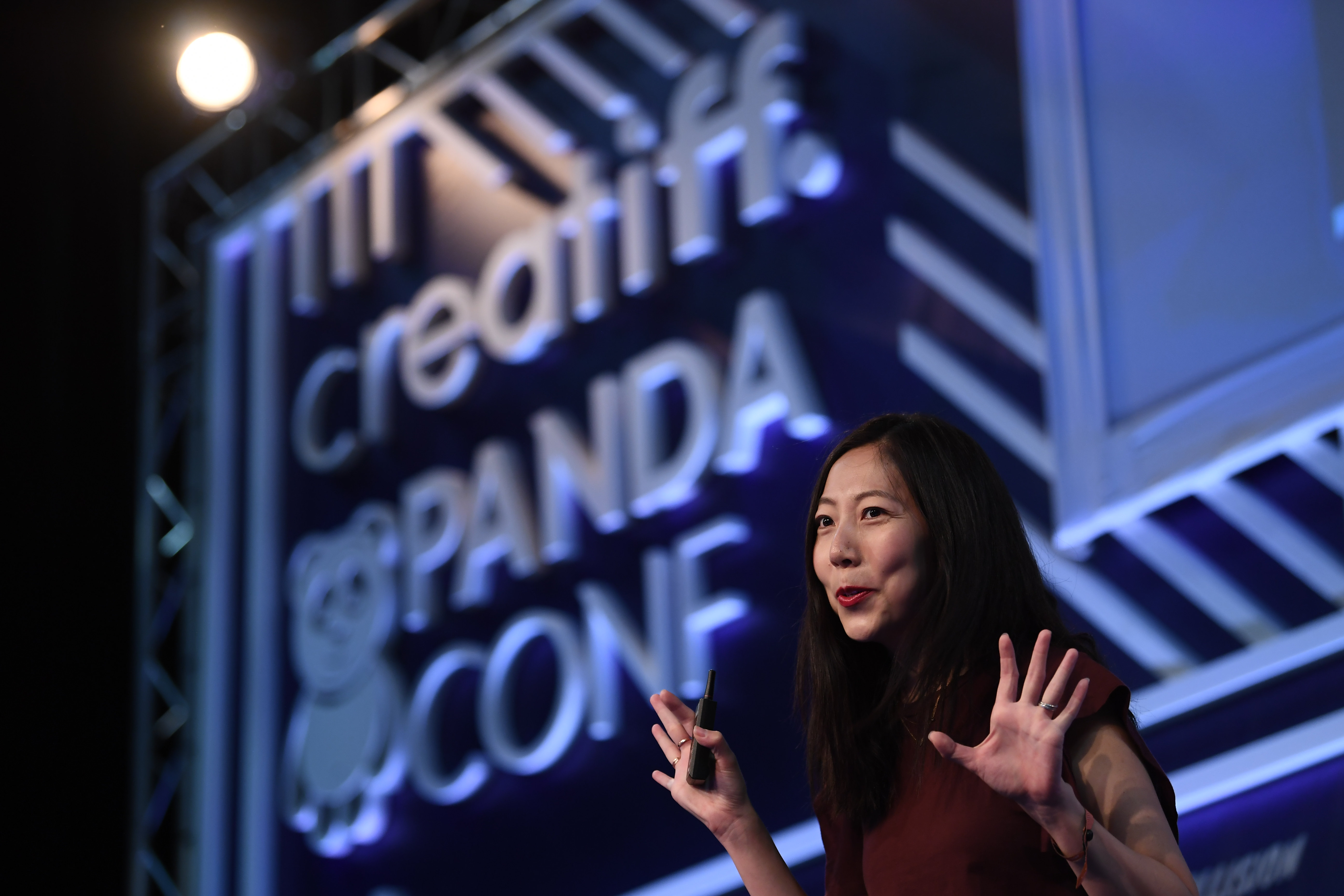Facebook Vice President of Product Design Julie Zhuo started as an intern straight out of Stanford University, and worked her way up through the company, becoming a manager by the age of 25. She recently wrote about her experience in her book The Making of a Manager: What to Do When Everyone Looks to You.
Throughout this process, she has experienced her fair share of interviews, as both the job applicant and the hiring manager. At this point in her career, she has already made hundreds of hires, knows what she’s looking for in a prospective colleague, and how to determine whether or not an applicant has it. In a recent video for CNBC, Zhuo shared what she has found to be the most effective interview question — something that reveals whether someone has the learning mindset she’s looking for.
Technically, the question is a two-parter: She starts off with a classic interview question, asking for a time when the person faced a challenge in their career, but then follows up by inquiring about what they would do differently if they had the opportunity to revisit that situation from the beginning. So what is Zhuo — and other employers — looking for in the answers? Here are three things to keep in mind:
Take ownership
Rather than talking about a challenge you faced that was more indicative of how the company operated overall, select an experience where you were directly involved, and therefore can reflect on what happened. “If the candidate says, ‘Well, you know I wouldn’t do anything differently because everything that didn’t go well was outside of my control,’ I think of it as maybe a little bit of a red flag,” Zhuo told CNBC. If you made a mistake or would have made a different decision, own that, and don’t try to shift the blame to someone else.
Be introspective
Give challenging interview questions like this one some thought — ideally, ahead of your meeting, so you have plenty of time to consider what happened, why, and what else you could have done in that situation. “I love this question because it allows me to hear a candidate and how they introspect,” Zhuo said. “I can easily tell — is this the kind of person who goes and approaches new opportunities with a growth mindset? Are they introspective and do they take lessons from what has happened in the past?” In your answer, describe not only what you learned from the challenge, but also what else about your job or industry you want to learn more about going forward.
Show enthusiasm
When you’re interviewing for a new job or a promotion, it’s a good idea to show that you want to be there. This goes for your demeanor and body language, of course, but also comes through in the way you answer the questions — including the one about how you’d handle a past challenge differently. “If a candidate comes back and they’re excited to tell me all the things they’d do differently because wow, they’ve learned so much, I get a lot more excited about that candidate because they’re showing a lot of proactivity, and they’re showing that they can learn and grow really quickly,” Zhuo said. That’s the mark of someone who will bring a lot to the organization — and someone who is well-positioned to experience a lot of growth in a new job.
Follow us here and subscribe here for all the latest news on how you can keep Thriving.
Stay up to date or catch-up on all our podcasts with Arianna Huffington here.


